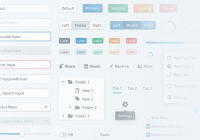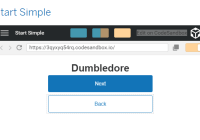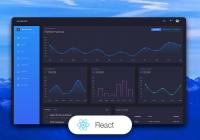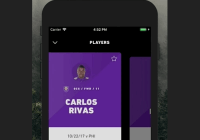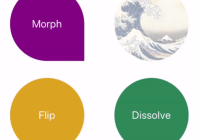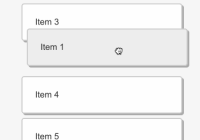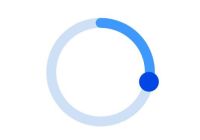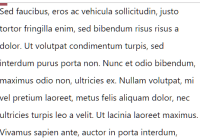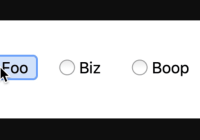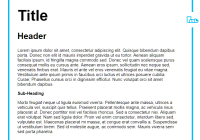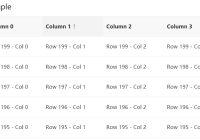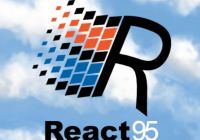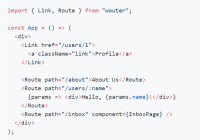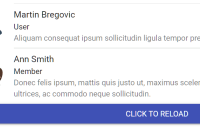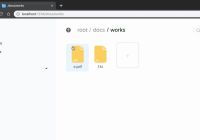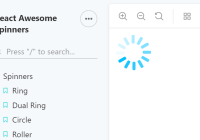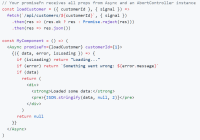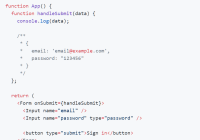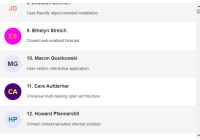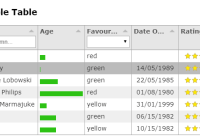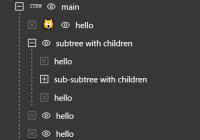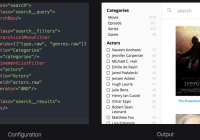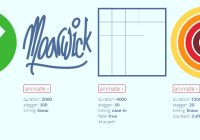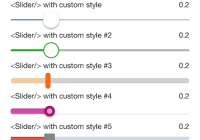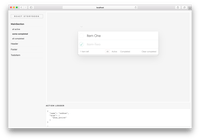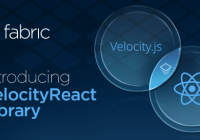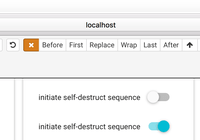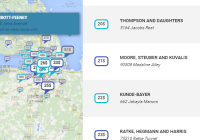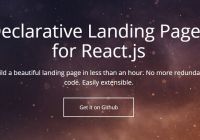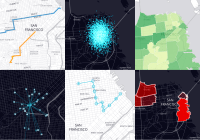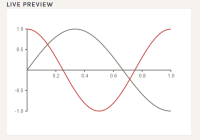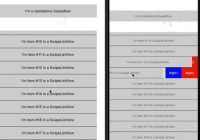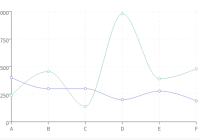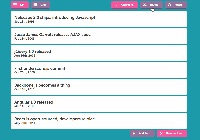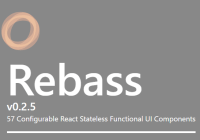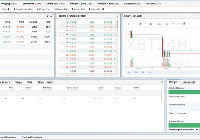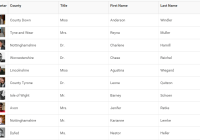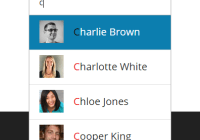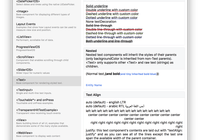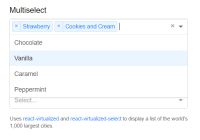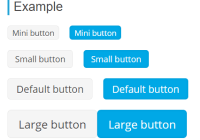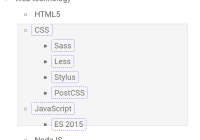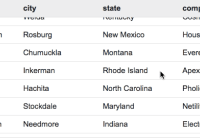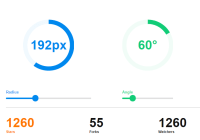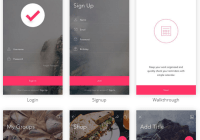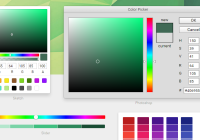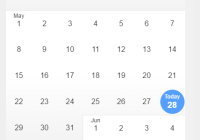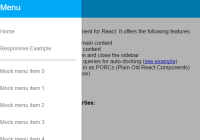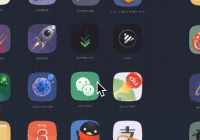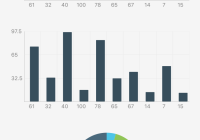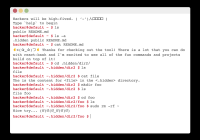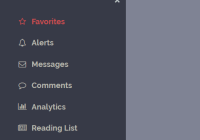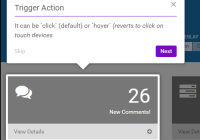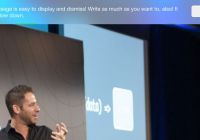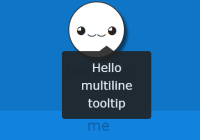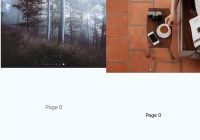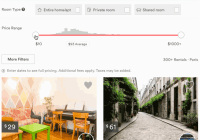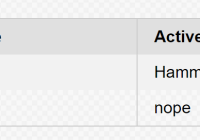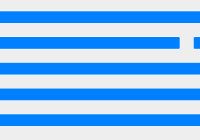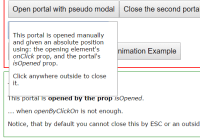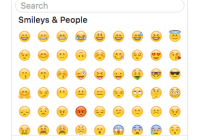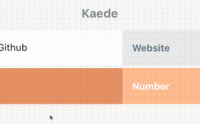Blueprint 
Blueprint is a React-based UI toolkit for the web.
It is optimized for building complex, data-dense web interfaces for desktop applications which run in modern browsers and IE11. This is not a mobile-first UI toolkit.
Read the introductory blog post ▸
Read frequently asked questions (FAQ) on the wiki ▸
Latest changelog
3.x Changelog and 3.0 migration guide ▸
Blueprint 3.0 brings support for using multiple major versions of Blueprint on the same web page. This is possible through the removal of global styles and by deconflicting CSS selectors. It also restores support for React 15 as a peer dependency in most packages.
Upgrading from 1.x
Check out the 2.0 changelog on the wiki, and make sure to review the 2.0 migration guide, in addition to the 3.x content above.
Packages
This repository contains multiple projects in the packages/ directory that fall into 3 categories:
Libraries
These are the component libraries we publish to NPM.
– Core styles & components.
– Components for interacting with dates and times.
– Components for generating and displaying icons.
– Components for selecting items from a list.
– Scalable interactive table component.
– Components for picking timezones.
– Incubator and staging area for new components still under initial development.
Applications
These are hosted on GitHub Pages as static web applications:
docs-app– Documentation site at blueprintjs.com/docslanding-app– Landing page at blueprintjs.com
These are used as development playground environments:
table-dev-app– demo page that supports manual testing of all table features
Build tooling
These packages define development dependencies and contain build configuration. They adhere to the standard NPM package layout, which allows us to keep clear API boundaries for build configuration and isolate groups of devDependencies. They are published to NPM in order to allow other Blueprint-related projects to use this infrastructure outside this monorepo.
– Documentation theme for Documentalist data.
Contributing
Looking for places to contribute to the codebase? First read the contribution guidelines, then check out the "help wanted" label.
Development
Lerna manages inter-package dependencies in this monorepo. Builds are orchestrated via lerna run and NPM scripts.
Prerequisites: Node.js v8+, Yarn v1.10+
One-time setup
After cloning this repo, run:
yarnto install all dependencies.yarn verifyto ensure you have all the build tooling working properly.
Incorporating upstream changes
If you were previously in a working state and have just pulled new code from develop:
- If there were package dependency changes, run
yarnat the root.- This command is very quick if there are no new things to install.
- Run
yarn compileto get the latest built versions of the library packages in this repo.- This command is quicker than
yarn verifysince it doesn't build the application packages (docs-app,landing-app, etc.) or run tests
- This command is quicker than
Developing libraries
Run yarn dev from the root directory to watch changes across all packages and run the docs application with webpack-dev-server.
Alternately, each library has its own dev script to run the docs app and watch changes to just that package (and its dependencies): yarn dev:core, yarn dev:datetime, etc. One exception is table: since it has its own dev application, the dev:table script runs table-dev-app instead of the docs.
Updating documentation
Much of Blueprint's documentation lives inside source code as JSDoc comments in .tsx files and KSS markup in .scss files. This documentation is extracted and converted into static JSON data using documentalist.
If you are updating documentation sources (not the docs UI code which lives in packages/docs-app or the docs theme in packages/docs-theme), you'll need to run yarn compile from packages/docs-data to see changes reflected in the application. For simplicity, an alias script yarn docs-data exists in the root to minimize directory hopping.
Updating icons
The One-time setup and Incorporating upstream changes steps should produce the generated source code in this repo used to build the icons documentation. This is sufficient for most development workflows.
If you are updating icons or adding new ones, you'll need to run yarn compile in packages/icons to see those changes reflected before running any of the dev scripts.
License
This project is made available under the Apache 2.0 License.
